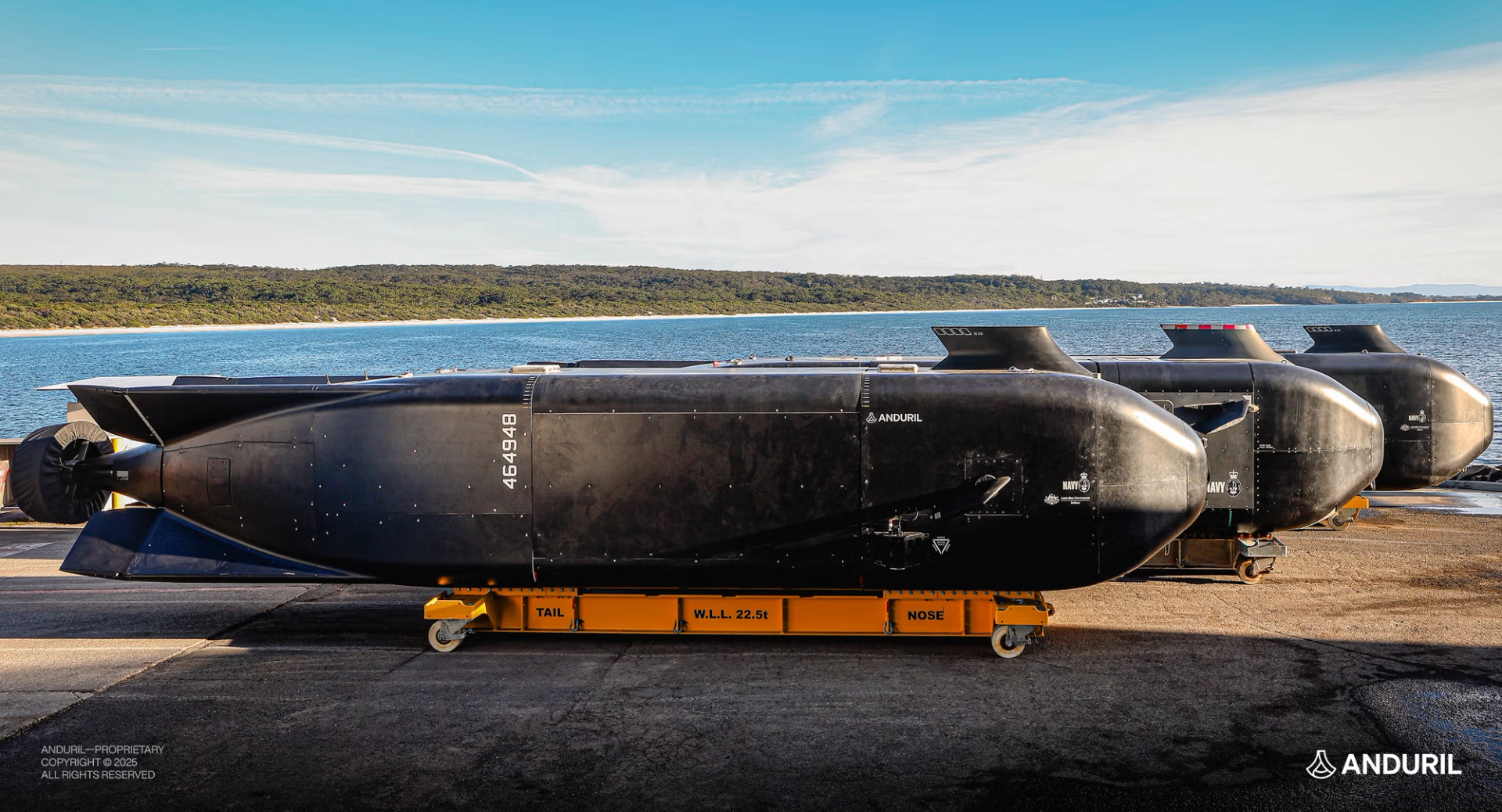The US Air Force has begun flight testing Californian company Anduril Industries’ YFQ-44A Fury Collaborative…

MQ-28A Ghost Bat achieves capability milestone in partnership with Wedgetail
The Australian-made and designed autonomous Collaborative Combat Aircraft (CCA), the MQ-28A Ghost Bat, has achieved a major capability milestone. In a capability demonstration at Woomera a single operator aboard an airborne E-7A Wedgetail took control of two Ghost Bat aircraft to conduct a mission against an airborne target, according to Defence.
The flight testing of the Ghost Bat, which has now surpassed 100 test flights and some 20,000 hours of testing using its digital twin, is backed by Defence’s $1 billion investment in developing this next-generation capability. Launched publicly at the 2019 Avalon Airshow, Ghost Bat was the first CCA developed in the world, says Boeing Defence Australia who designed and built it, and remains ahead of most others technically.
Developed in close partnerships with the RAAF and Defence’s Advanced Strategic Capability Accelerator (ASCA), the MQ-28A is the first military combat aircraft to be designed, engineered and manufactured in Australia since the Pika and Jindivik programs more than 70 years ago.
In 2024 the first RAAF and US Navy pilots for the aircraft were trained and accredited. The aircraft will taxi, take-off and land under ground control and will than transition to command by a Mission Execution Custodian, who could be on the ground or in a crewed aircraft such as an E-7A Wedgetail, for autonomous operations.
“This is an important step forward in the development of this world-leading, Australian designed and made autonomous aircraft,” said Pat Conroy, Minister for Defence Industry. “The Ghost Bat has the potential to turn a single fighter jet into a fighting team, with advanced sensors that are like hundreds of eyes in the sky.
“Autonomous collaborative platforms enhance the integrated force’s ability to deliver a strategy of denial, by increasing the lethality and survivability with a reduced risk to our forces.”
The RAAF has said Ghost Bat will undertake Intelligence, Reconnaissance and Surveillance (ISR) missions, but hasn’t ruled out adding weapons to it at some stage in the future. At Avalon this year, Steve Parker, the head of Boeing’s US-based Defence Space and Security business, said the company planned to undertake air-air weapons tests with the Ghost Bat later this year.
Defence’s investment in uncrewed and autonomous systems is one of the key priorities outlined in the 2024 National Defence Strategy. The Government says it is investing over $10 billion in drone capabilities including at least $4.3 billion in uncrewed aerial systems.



